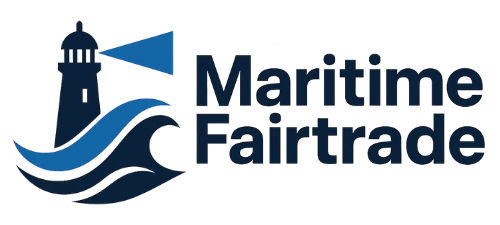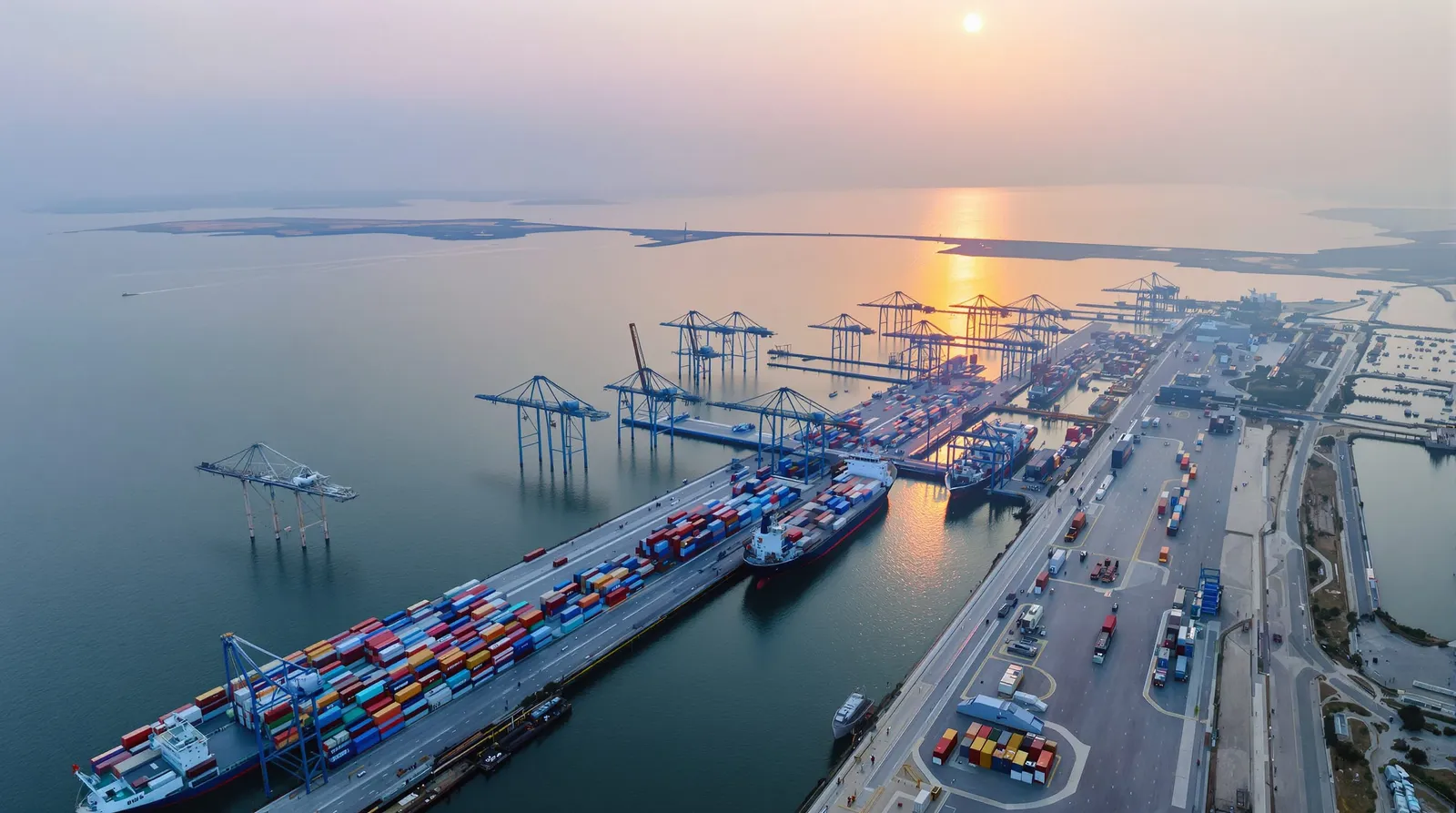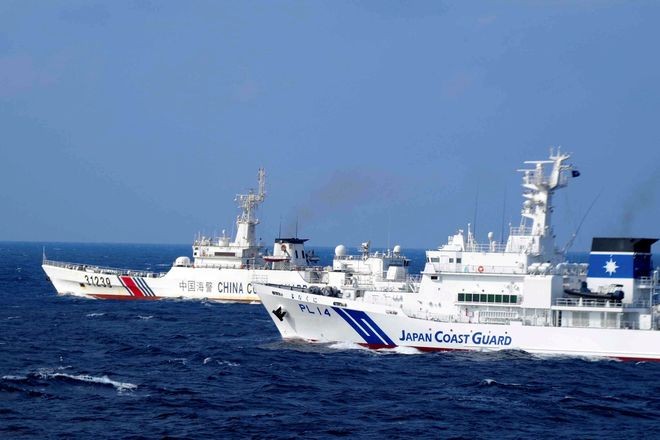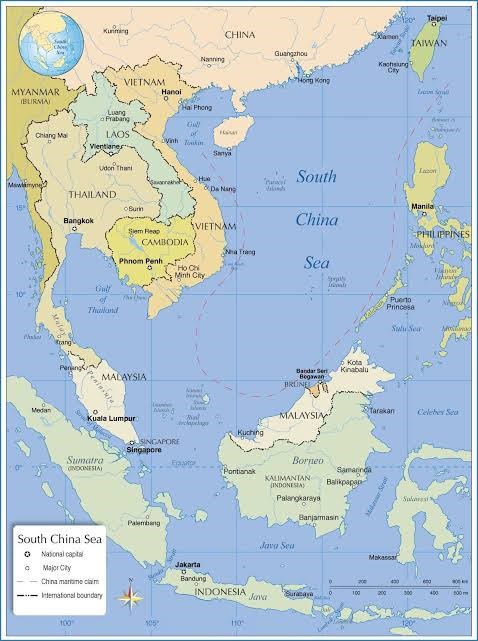As the International Maritime Organization (IMO) convenes to vote on its controversial Net-Zero Framework, the Wall Street Journal Editorial Board has sharply criticized the proposal, framing it as a global carbon tax devoid of democratic accountability. The board emphasizes that this represents a groundbreaking instance of the U.N. attempting to levy a tax, with revenues directed into a U.N.-controlled fund.
The proposed framework aims to impose fees of $100 to $380 per metric ton of carbon dioxide emissions above certain thresholds, potentially generating $10 billion to $12 billion annually. The board warns that these charges could lead to a 10% increase in global shipping costs, ultimately raising prices for American households dependent on imported goods.
Unlike traditional U.N. funding, which comes mainly from accountable governments, this carbon tax would be directed into a new “Net Zero Fund” managed directly by IMO staff. While the fund aims to promote green shipping innovations and initiatives to help developing countries cope with climate change impacts, the editorial criticizes it as a means for income redistribution based on U.N. bureaucratic priorities.
The piece raises significant governance concerns, asking how decisions regarding tax rate increases would be made by a committee of over 170 member states, suggesting that local voters, such as those in Boston or Berlin, would have minimal influence. The board interprets Western governments’ support for the plan as an attempt by climate-focused politicians to solidify their agenda before facing voter backlash against net-zero initiatives in democracies.
The Trump Administration has threatened sanctions against countries that support the measure. The board concludes that the president should deter the IMO from pursuing the global carbon tax plan, viewing it as beneficial to both Americans and other democracies.
The IMO’s Marine Environment Protection Committee (MEPC E.2) will meet from October 14-17 to discuss the formal adoption of the Net-Zero Framework, which, if approved, will likely come into effect by 2027. This framework targets large ocean-going vessels over 5,000 gross tonnage, which are responsible for approximately 85% of CO2 emissions in international shipping.
Despite opposition from the U.S., the framework has garnered support from the European Union, which deems it a significant milestone, as well as major shipping industry associations claiming that global rules are essential for decarbonizing the industry.
Source link









